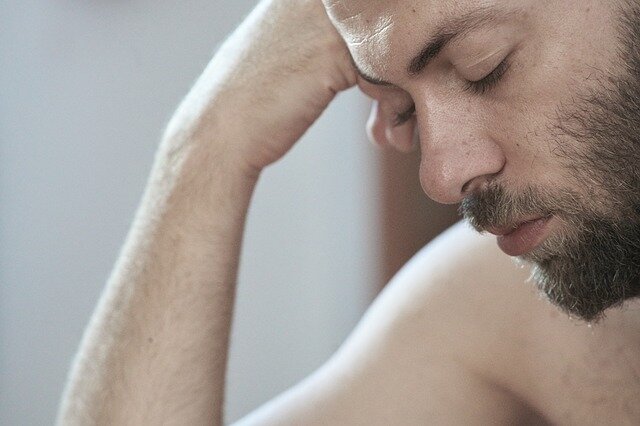The Role of Sleep in Depression
/Many Americans are struggling right now with getting enough sleep. We are sleep deprived for a variety of reasons: stress, anxiety, too much spent on screens that keeps our brains overstimulated.
The downsides to that lack of sleep are many. Besides not waking up rested it takes a toll on our internal clock, so it throws off our digestion, hinders clear thinking and keeping your emotions on an even keel. It impacts the quality of your relationships and work performance as well. It contributes to mood problems including anger.
Another impact of the lack of sleep is its contribution to depression. There are many facets to what causes depression: a predisposition can come from our genetics, the disconnection from our friends and family during Covid, a lost sense of hope and optimism about the future, also related to covid and the impact of technology which impacts our ability to focus on people and our own needs.
Not getting enough sleep contributes to depression by not giving ourselves the time we need to recover from mental and physical exertion. There is a high correlation between sleep and health. Sleep disturbances can be a sign of distress and poor emotional health.
People with insomnia are ten times more likely to be depressed than those that get a goods night rest. For people who are depressed seventy-five percent have a hard time getting to sleep or staying asleep. Sleeplessness is often a sign of what are called mood disorders such as anxiety and depression.
Even though sleep issues can play a part they themselves are not the cause of depression. People get depressed for a variety of reasons and can have different triggers. Depression can be organic, come from a part of a genetic predisposition but life events such as stress at work or home, deaths, divorces or other losses that happen to all of us.
Studies have shown that four to twenty percent of the population suffers from a major depressive disorder. It is often associated with a dysregulation of normal sleep, wake mechanisms. There is clearly a link between lack of sleep and depression. The habit of sleeping out of time with the bodies other biological rhythms is a common finding in depressed patients.
If you are experiencing depression and have difficulty falling or staying asleep there are four things you can do to get help your sleep and then address the depression you are experiencing.
Go in for a check up with your regular doctor. Tell them what you are experiencing and have them give you a good looking over and do some blood work.
You may need to see a specialist who can advise you on medications or other treatments to address thyroid or other organs of the body. They might also prescribe anti-depressants to help with depression.
If bladder issues are part of what is keeping you awake you may need to see a urologist to evaluate how that part of you is doing and get help as needed.
You can get a sleep app such as “Calm” to provide meditation guides, music and stories to help you get to sleep and rest better.
As you work with your doctor and other specialists you can eliminate some of the causes of your sleep difficulty and work towards better physical and mental health. It is useful to work with a therapist to address issues in your life that may be affecting your rest and get help dealing with depression.
Click here for more information on men’s counseling.

